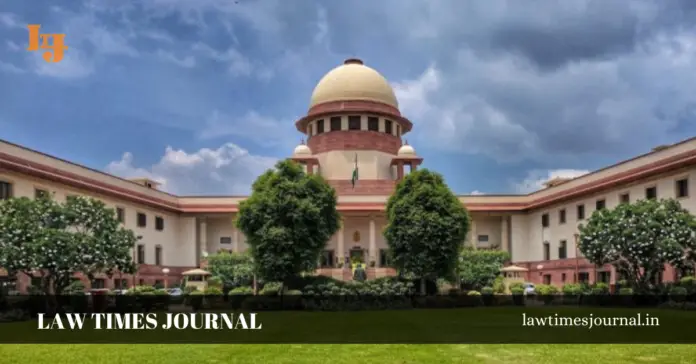
The Supreme Court recently quashed a criminal case under an FIR against two individuals for holding a protest against the Citizenship Amendment Act (CAA), stating that the identification of the individuals involved in the incident was not properly investigated.
Justice G. Ilangovan noted that it is well known that there have been various protests, demonstrations, and agitations in India and abroad against the amendment of the CAA and that the right to protest is recognized, with the sole limitation of it shouldn’t end in a gap.
According to the prosecutor’s case, the petitioners from an organization called “Makkal Athikaram”, along with other members, protested without obtaining authorization from the authorities, and also launched anti-government slogans and condemned the attacks on students at Jamia University in Delhi. According to Section. 143, 341, 283, and 290 of IPC, a procedure was initiated against him for the criminal act.
They protested that the change discriminated against the inhabitants of Srilankan and Muslims, as said by the petitioner. However, they did not deny having participated in the previous protest but stated that their names did not appear in the FIR.
Upon reviewing the first information report, the court found that the petitioners shouted slogans to protest against the reform law and the government, but then parted ways and it was clear that there was no wrongful or criminal act.
However, the Court highlighted that how the petitioners were involved in the aforementioned crime was incomprehensible and affirmed the following:
“No doubt, conducting(ing) protest, without getting any proper permission, is not proper. They also created nuisance in that place. But, the entire reading of the 161 statements, recorded during the investigation, shows that the identification of the person, who was involved in the occurrence was not properly investigated. None of the statements recorded during the investigation speak about the identification of the person, who was involved in the demonstration or protest.”
The Court concluded that there was no prima facie evidence against the petitioners and that it was nothing more than a clear abuse of the courts and the law. The court thus allowed the Criminal Original Petition and annulled the pending case in the file of Judicial Magistrate No. II, Madurai.








